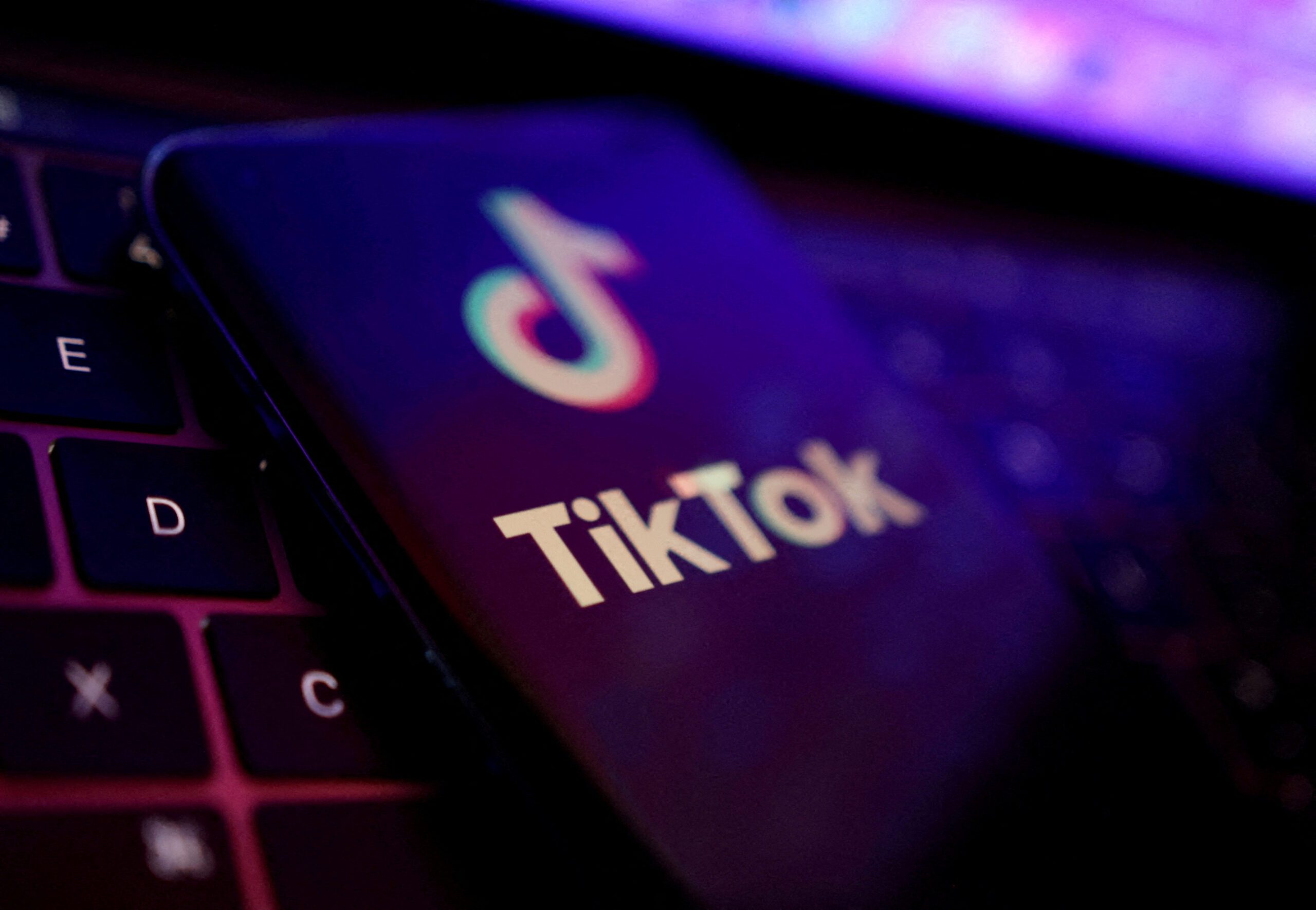
Upgrade to High-Speed Internet for only ₱1499/month!
Enjoy up to 100 Mbps fiber broadband, perfect for browsing, streaming, and gaming.
Visit Suniway.ph to learn
This is AI generated summarization, which may have errors. For context, always refer to the full article.

TIKTOK. TikTok app logo is seen in this illustration taken, August 22, 2022
Dado Ruvic/Reuters
TikTok finds that the fake networks, which praised and criticized certain politicians, violated Community Guidelines on covert influence operations
MANILA, Philippines – TikTok announced it removed three inauthentic networks targeting Philippine-based audiences on the platform and engaging in covert influence operations ahead of the 2025 midterm elections.
In a press release sent on Wednesday, May 21, TikTok said it had taken down the following three networks with specific numbers of accounts:
- 124 accounts with a total of 10,311 followers
- 36 accounts with a total of 18,855 followers
- 29 accounts with a total of 3,021 followers
TikTok found that all three networks created and used inauthentic accounts, which were operated from the Philippines and targeted users in the country. TikTok also said the networks were amplifying election-related narratives either favoring or criticizing certain politicians, but the company did not disclose which ones and which positions they were running for.
The three networks operated in different inauthentic ways on the platform. According to TikTok, the 124-account network repeatedly posted “duplicative content,” and the 36-account network created fake personas “for the sole purpose of posting political content.” Some accounts in the 29-account network used a photo of the Philippine flag in their profile pictures.
In its Community Guidelines on Integrity and Authenticity, TikTok explicitly bans covert influence operations, which it defines as “coordinated, inauthentic behavior where networks of accounts work together to mislead people or our systems and influence public discussion.”
When identifying covert influence operations, TikTok looks for evidence that accounts are either coordinating with each other, misleading users via concealed locations or fake personas, and/or manipulating public debate.
Apart from taking down the fake networks, TikTok also countered inauthentic engagement on the platform. Between March 24 and May 12 of this year, TikTok proactively prevented over 15.7 million fake likes and over 40.2 million fake follow requests, and blocked over 550,000 spam accounts from being created in the Philippines.
Between April 7 and May 12, TikTok also removed over 4,100 pieces of content that violated their policies on civic and election integrity, misinformation, and AI-generated content. TikTok’s Global Elections Integrity Hub showed that nearly half of these videos were removed in the week of May 5.
TikTok has faced criticism for disinformation and other harmful content on the platform. Previous reports found that TikTok users promoted unregistered products and unverified health cures, and that 20% of search results on the platform contain disinformation.
In the Philippines, there are about 62.3 million TikTok users aged 18 and above. Earlier in January, TikTok launched its in-app Philippine Elections Center which provided users with election-related information from the Commission on Elections and poll watchdogs. – Rappler.com

 2 weeks ago
8
2 weeks ago
8



